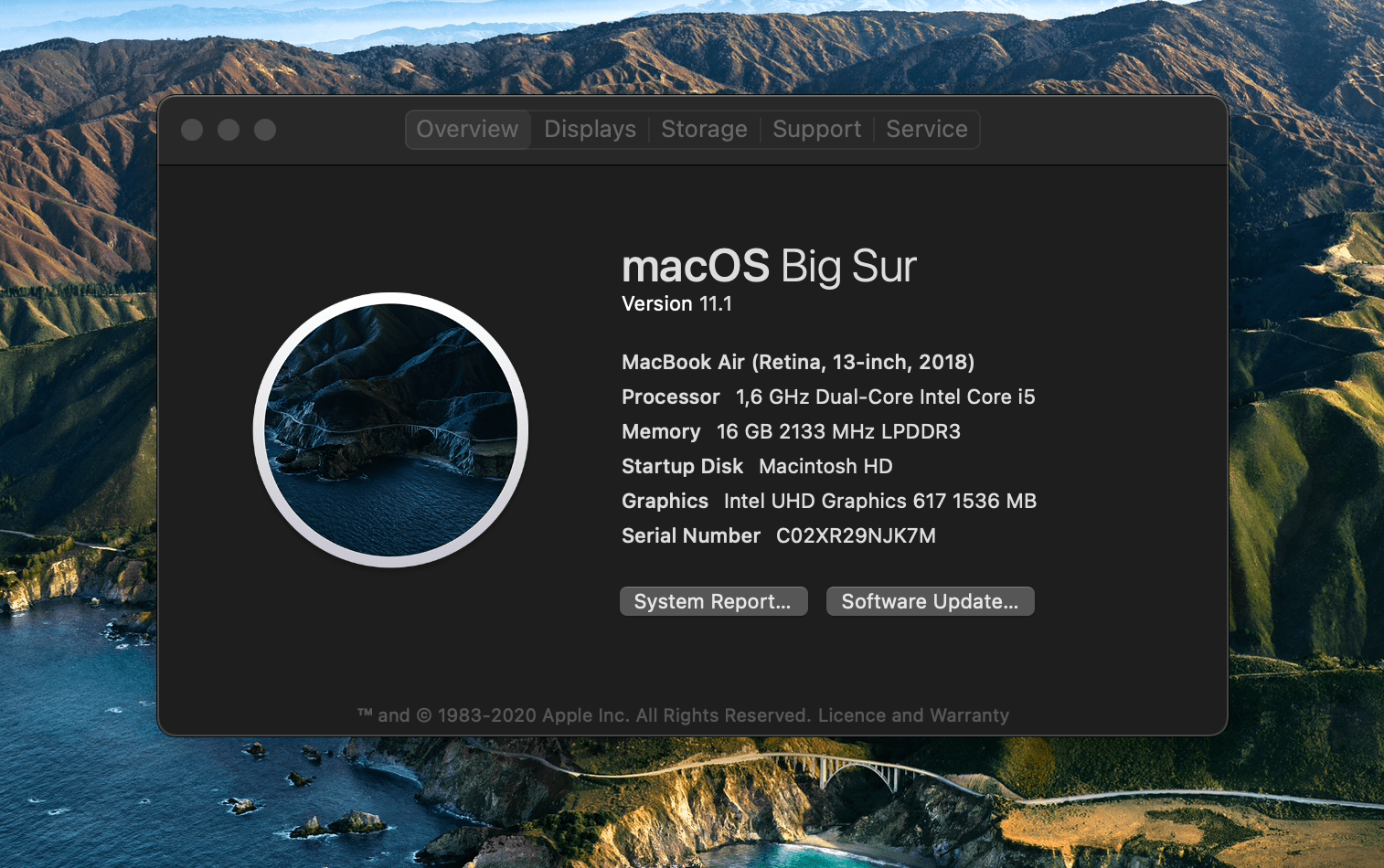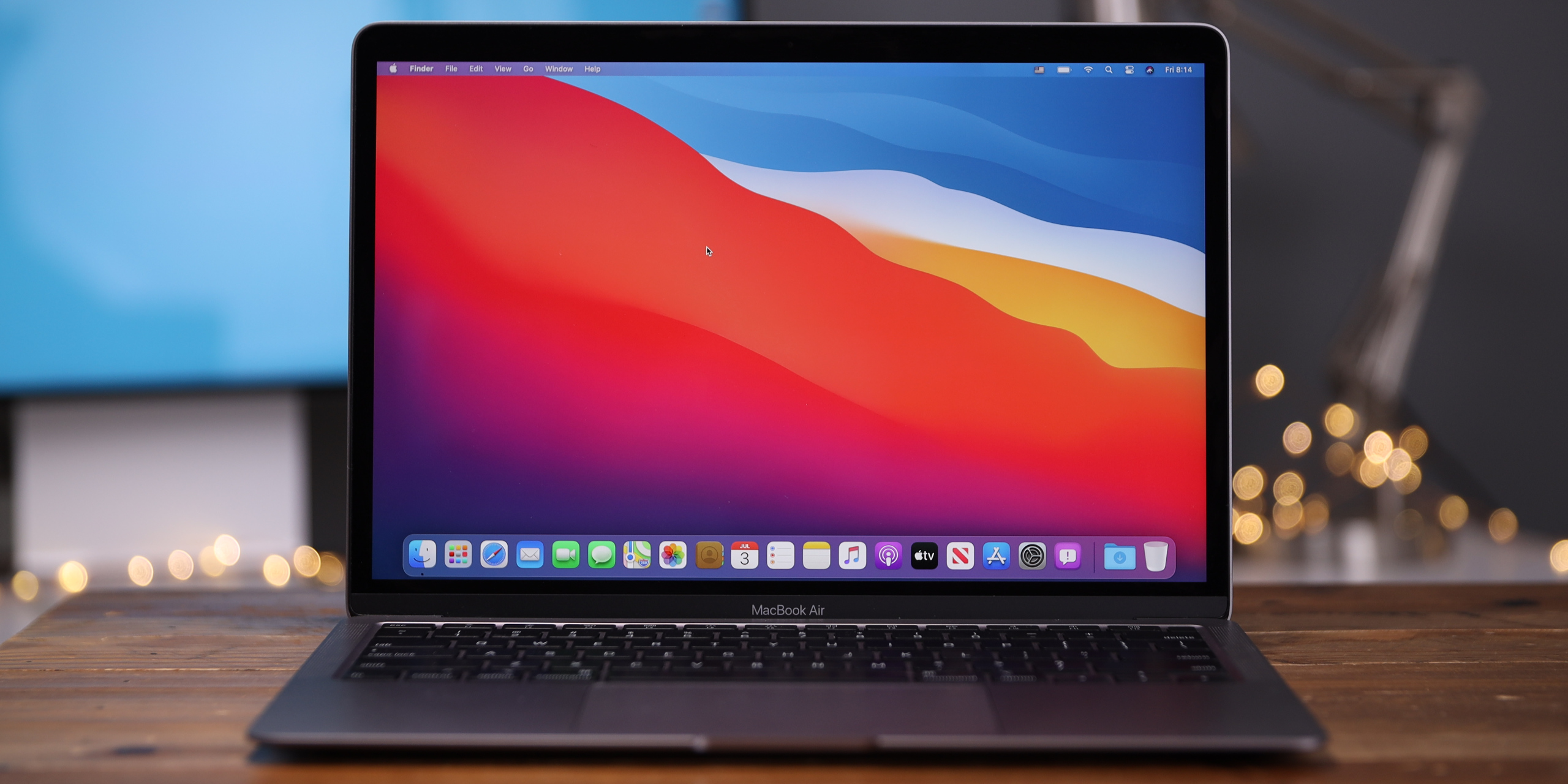


In 1996, Apple purchased NeXT, the company Steve Jobs built after he had left Apple.

The latter helped standardize the naming of Apple’s operating systems - macOS, iOS, tvOS, iPadOS, etc. Finally, Apple shifted to "macOS" with the release of macOS High Sierra in 2016. In the next four years, the OS X names were used. Mac OS X was the official naming through version 10.7, from 2001 to 2011. In fact, three terms were used at different times with reference to Apple’s operating system: Mac OS X, OS X, and macOS. No, they are essentially the same thing - just named differently. Is there any difference between Mac OS X and macOS?

In this article, we guide you through the evolution of Apple’s operating system, from the first public release in 2001 to the latest macOS Monterey announced at WWDC 2021 on June 7. As Apple grew and strengthened the ecosystem through the years, macOS operating system version history evolved too. MomacOS is the operating system designed to run on Apple laptops and desktop computers. Unless you are a developer or have a secondary computer for non-critical work, stay away from Ventura until it is more polished.įollow Gordon on Facebook More On Forbes MORE FROM FORBES Apple iOS 15.6.Tackle your tasks with Setapp app suite solutions. At this stage, a lot of bugs are still being reported after five beta releases, notably with the user interface - many of which you can find chronicled here. The next generation of macOS, ‘Ventura’, is due for release in October, and beta testing has been underway for some time. Given the importance of the security updates it brings, I would advise you to update your Mac as a matter of priority. Unlike iOS 15.6.1 Verdict, there were some conflicting reports about macOS 12.5.1 but nine days on, I can confirm this is a solid update with no major bugs. I will publish my final verdict here in one week.Ġ8/28 Final Verdict: apologies for the delayed final verdict. Note: hesitant upgraders can bookmark this guide because it will be updated with any relevant flaws or features I find. Given the severity of these vulnerabilities and the isolated reports of bugs within macOS 12.5.1, there is every reason to update as soon as possible. Both flaws allow hackers to remotely execute malicious code on your iPhone, iPad or Mac and potentially take over your device.Īpple said it understands both vulnerabilities “may have been actively exploited” before it was able to release the patches. The flaws were found in the kernel, a program at the core of the OS ( CVE-2022-32894) and WebKit, the engine that powers the Safari web browser ( CVE-2022-32893). That said, the security patches have made international news after Apple disclosed two major ‘zero day’ flaws which affect all its operating systems. MacOS 12.5.1 is a dedicated security update with no added features or bug fixes.


 0 kommentar(er)
0 kommentar(er)
